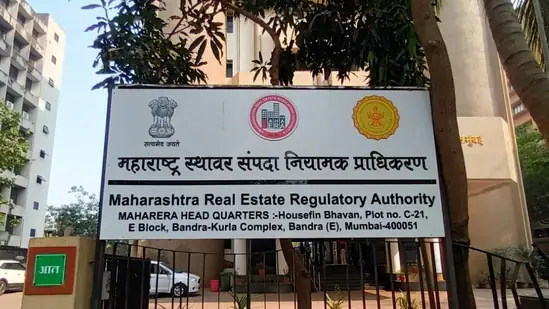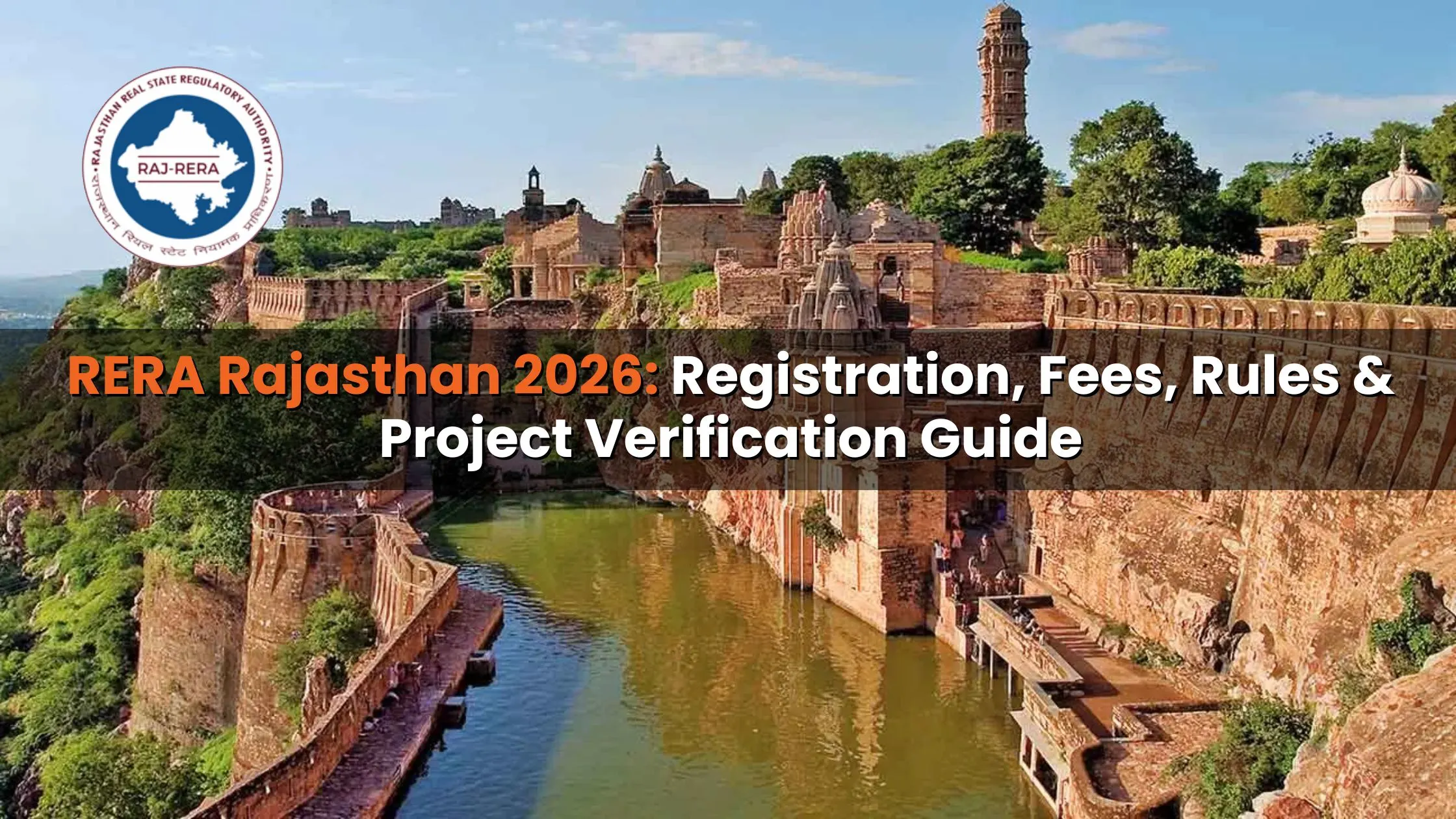Table of Content
▲
In a move that reaffirms the regulatory power of the Real Estate Regulatory Authority (RERA), Maharashtra Urban Development Minister Uday Samant has clarified that the authority is fully empowered to take legal action against errant developers. This announcement came during a recent assembly session in response to concerns raised over questionable building permissions within the Akot Municipal Council.
Samant’s statement underscores the state government’s commitment to enforcing transparency and accountability in real estate development. With increasing complaints about unauthorized constructions, the minister’s assurance has brought renewed attention to the importance of RERA compliance across Maharashtra.
RERA Registration Is Mandatory, Not Optional
Responding to a "calling attention" motion raised by MLA Gajanan Lavate, the minister highlighted that registration under RERA is a legal obligation for all developers operating in the state. Regardless of whether a project is large or small, or whether permissions have been granted by local bodies, registration with RERA remains a mandatory first step before initiating any construction.
This clarification aims to eliminate ambiguity among developers who often assume that municipal permissions alone suffice. As Samant emphasized, failing to register a project under RERA could attract serious consequences under the provisions of the RERA Act.
Akot Municipal Council Case: A Wake-Up Call
The minister's remarks were prompted by a specific complaint regarding a project in Akola district. According to details presented in the assembly, an application for construction permission was filed on March 31, 2021. The applicant had submitted supporting documents related to land demarcation (commonly referred to as "Gunthewari") from 2007–08. However, the original land records had reportedly been destroyed in a fire in 2018.
Despite this lack of primary documentation, the local authority proceeded to grant construction permission offline on April 18, 2022. At that time, the Building Permission Management System (BPMS) was not fully operational, which was cited as a reason for issuing offline approval. The permission was subsequently recorded online, and all applicable fees were paid.
However, the project was never registered with RERA.
Also Read: Karnataka RERA Pulls Up Bengaluru Developer Over Compound Wall, Undivided Share Misuse
Violation of RERA Norms: What Happens Now
Minister Samant made it clear that the builder’s failure to register the project constitutes a direct violation of the RERA Act. As a result, a formal letter will be sent to the Real Estate Regulatory Authority, recommending action against the developer.
This development sends a strong message: builders cannot bypass the RERA registration process even if they have secured approvals from municipal bodies. The law applies equally and uniformly, and violations can trigger official investigations and penalties.
Why RERA Compliance Matters More Than Ever
The Akot case sheds light on a larger issue: developers sometimes proceed with construction based solely on local-level permissions, ignoring the legal mandate to register with RERA. This not only jeopardizes the legality of the project but also puts homebuyers at risk.
RERA was established to bring transparency to the real estate sector, protect consumer interests, and hold developers accountable. By ensuring that all projects are registered and publicly accessible through the RERA portal, the law empowers buyers to make informed decisions and prevents fly-by-night operators from exploiting loopholes.
Final Thoughts
Minister Uday Samant’s clear assertion about RERA’s powers should be a wake-up call for developers across Maharashtra. RERA is not just a formality; it’s a legal requirement that safeguards the interests of buyers, developers, and the real estate market as a whole.
For developers, skipping RERA registration is not just risky, it’s unlawful. And for homebuyers, checking whether a project is RERA-registered should be a non-negotiable step before investing.
With the government now taking stricter action and reinforcing the authority of RERA, Maharashtra is likely to see improved adherence to legal norms,s something the sector critically needs to build trust and long-term stability.
Follow AquireAcers Whatsapp Channel to Stay Updated With The Latest Real Estate News



_1771577585.webp)


_1768985363.webp)



Ans 1. Yes, according to Urban Development Minister Uday Samant, RERA has full authority to act against developers who violate the law. This includes legal action for not registering projects.
Ans 2. Absolutely. No matter the size of the project or local permissions obtained, developers must register with RERA before starting construction. It’s a legal requirement under the RERA Act.
Ans 3. A developer received local construction permission without registering the project under RERA. Despite paying fees and getting approval offline, the lack of RERA registration violates the law.
Ans 4. The original land records were reportedly destroyed in a 2018 fire, and permission was granted offline in 2022 due to the incomplete rollout of the online approval system at the time.
Ans 5. The state government will refer the matter to RERA, which may initiate legal proceedings for the violation of mandatory registration norms.
Ans 6. RERA ensures transparency, safeguards homebuyers, and keeps developers accountable. Projects not registered with RERA lack legal protection and increase risks for buyers.
Ans 7. No, municipal approval alone isn’t enough. Without RERA registration, the project is in violation of the law, regardless of local body permissions.
Ans 8. It reinforces the importance of verifying RERA registration before investing. Buyers can avoid legal complications and ensure their rights are protected by choosing only RERA-compliant projects.